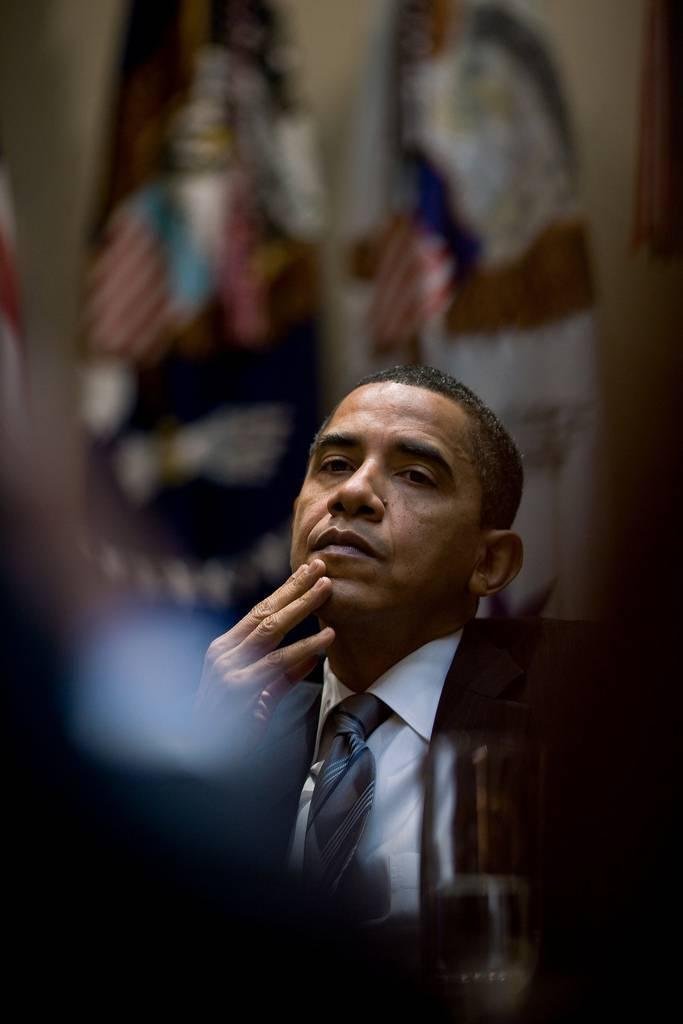MOSCOW, November 7 – RAPSI, Ingrid Burke. President Barrack Obama will enjoy another four years at America’s helm after a long and rather brutal campaign season. His Republican rival Mitt Romney sealed the deal early Wednesday morning by congratulating his opponent on a race well won. With Romney’s concession comes the strong likelihood that these elections will truly be over and done with by the time the last remaining ballots are counted. Still, as always, some legal issues remain lurking in the background.
Pending recounts
As this story goes to press, there remains a strong possibility that Florida’s results will be close enough to trigger an automatic recount. By Politico’s tally, Obama currently has 49.8% of the vote, and Romney 49.3%. Under Florida law, a recount will be automatically triggered if the results for Obama and Romney are within .5% of each other.
According to a recent report by the Brennan Center for Justice, automatic recounts will be triggered in four states if the margin of victory falls within a certain percentage: Florida (0.5%), Ohio (0.25%), Pennsylvania (0.5%), and Colorado (less than or equal to 0.5% of winners total).
Numerous other states will allow a candidate to initiate a recount given a small margin of victory. Such states include: Iowa, New Hampshire, North Carolina, Virginia, and Wisconsin. However, in cases such as this one where the losing candidate has already conceded, this remains an unlikely scenario.
Restrictive laws
A number of advocacy groups have taken issue with various law perceived to be damaging to the rights of voters. Legal challenges have been mounting in a number of states in the lead-up to the elections, and many remain to be resolved.
By the American Civil Liberties Union’s (ACLU) estimate, election laws in a number of states have taken a dark turn since the start of 2011. The organization expresses concern on its website that these trends arise from discriminatory policies aimed at stifling the votes of marginalized populations: “States across the country are passing measures that make it harder and harder for Americans – particularly African-Americans, the elderly, students and people with disabilities – to exercise their fundamental right to cast a ballot. These measures include requiring a government-issued photo ID to vote and proof of citizenship to register, cutting back on early voting, eliminating Election Day registration, new restrictions on voter registration drives and additional barriers to voting for people with criminal convictions.”
According to the Brennan Center for Justice, since the start of 2011, 41 states have introduced a combined total of 180 restrictive voting laws. 34 of these have introduced voter ID laws, among the most hotly contested election law issues through the course of this campaign. 17 states introduced requirements that voters show proof of citizenship. 16 states introduced laws aimed at limiting voter registration, and 9 states reduced early voting periods.
Of those states, 14 have passed restrictive laws and executive in time for the 2012 presidential elections. These 14 states account for 185 Electoral Votes; only 270 are needed to win. However, a number of these new laws are currently facing hurdles to execution for purposes of these elections due to pending legal challenges and other issues.
Thus by the Brennan Center’s count, only 18 laws and executive actions in 13 states were poised to impact these elections. The states implicated include: Florida, Georgia, Illinois, Iowa, Kansas, New Hampshire, Rhode Island, South Dakota, Tennessee, Texas, Virginia, West Virginia, and Wisconsin. By RAPSI’s calculation, these 13 states account for 165 Electoral Votes.
Voter ID laws
Both organizations raised issues with the highly controversial laws introduced in a number of states requiring (or, in some cases, requesting) voters to show proof of identification upon entry into polling stations. These laws are highly controversial largely due to the fact that they have been perceived as disproportionately discriminatory toward marginalized populations.
Explaining its point of contention with voter ID laws, the ACLU explains: “Many Americans do not have the necessary identification that these laws require, and face barriers to voting as a result. Research shows that more than 21 million Americans do not have government-issued photo identification; a disproportionate number of these Americans are low-income, racial and ethnic minorities, and elderly.”
Pennsylvania’s voter ID law is said to have caused a particularly notable amount of confusion. According to the Brennan Center, Pennsylvania’s voter ID law was passed in March 2012, but was preliminarily enjoined by a state court for purposes of these presidential elections on October 2. In accordance with this injunction, voters can be asked for their IDs, but cannot be required to show such.
Other issues
Another potential legal issue is that of voter lists in certain counties where the number of registered voters fail to line up with the number of eligible voters. According to advocacy group Judicial Watch’s 2012 Election Integrity project, dozens of counties across the US have registered voter lists in excess of 100% of the number of eligible voters. By its count, key battleground states Ohio and Florida have three counties each falling into this category. A number of other states have upwards of 10 such counties apiece: South Dakota (35), Mississippi (27), Michigan (19), Texas (18) Indiana (12) Nebraska (11), Colorado (10), and Indiana (10).



